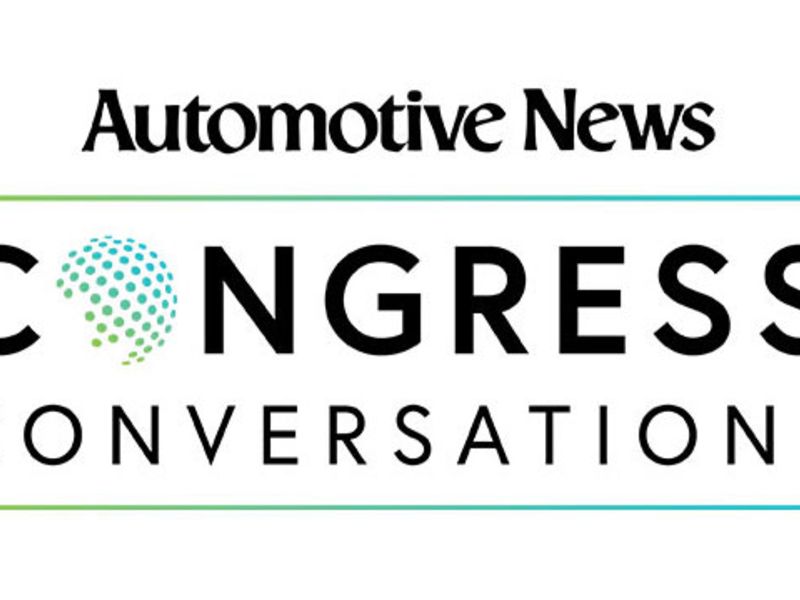
Electrification and shared mobility are taking it on the chin during the economic fallout from the COVID-19 pandemic.
But don’t count either industry trend out, says former Ford Motor Co. CEO Mark Fields.
“Electrification has a bright future in the industry, but clearly it is going to be a bit of a collateral damage of COVID,” said Fields, now senior adviser with private capital firm TPG Capital. He made the prediction last week as part of the video series “Congress Conversations,” the 2020 online version of the Automotive News World Congress.
Electric vehicle and plug-in hybrid adoption rates have probably slowed as the purchasing power of American consumers has been diminished significantly, Fields said, noting that “electrified products are more expensive than [internal combustion engine] products right now.”
Fields noted that depressed gasoline prices are also working against EVs, as is the pandemic’s pressure on federal and state governments to commit their money to more urgent needs than EV incentives.
“But I do think the OEMs will continue to invest in electrification because that is a long-term trend,” Fields said. “Oil is a nonrenewable resource.”
Last week, Ford and EV startup Rivian said they were canceling their plan to jointly develop an electric vehicle for Lincoln because of the ongoing COVID-19 crisis. Also last week, General Motors said it was postponing the May 20 debut of the GMC Hummer high-performance electric pickup because of the coronavirus.
“They may pare it back a bit,” Fields said of automakers and electrification, “but they’re clearly not going to be walking away from it.”
Fields also expressed optimism for shared mobility.
That concept has fallen out of favor with consumers as they practice social distancing and avoid potentially contaminated public surfaces.
“Anything being shared, at least right now, over the next 18 months, that’s going to take a hit because that will almost be viewed as somewhat unhygienic,” Fields said.
But he still sees a future in the business model because congested urban cities are going to continue taking steps to reduce traffic.
“In the longer term,” Fields predicted, “ride-sharing is going to continue to be a mainstay.”